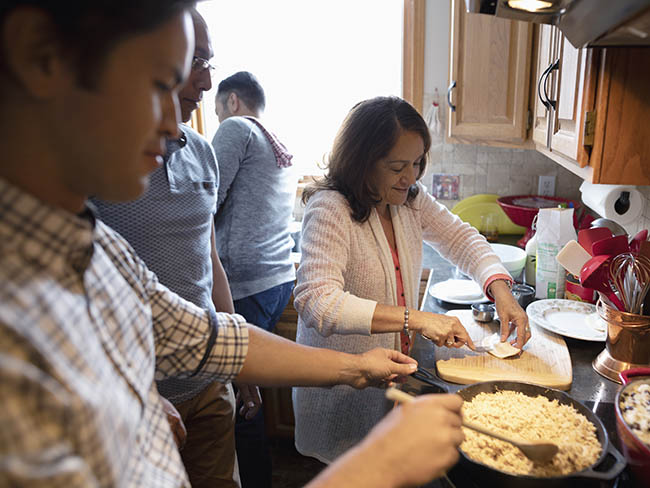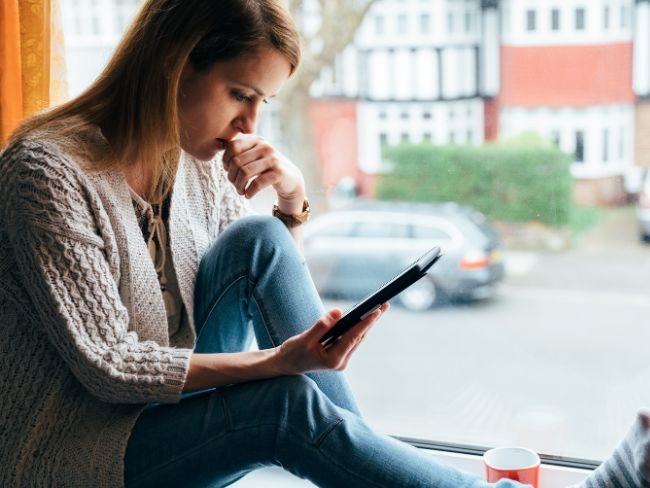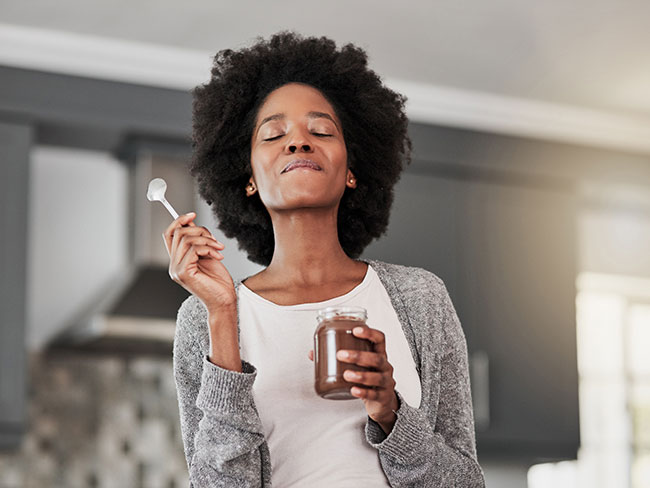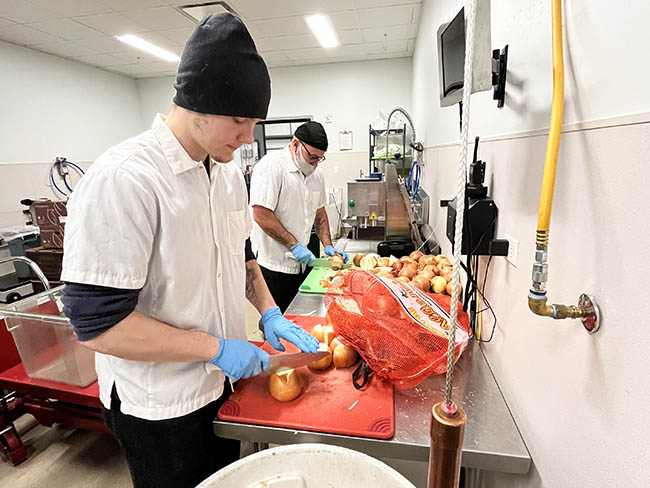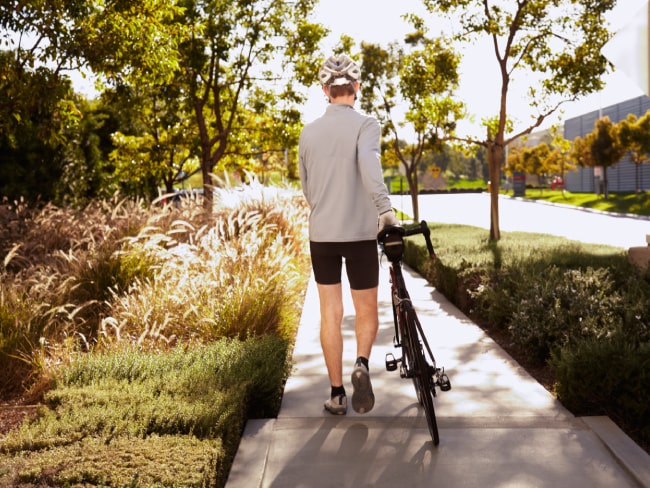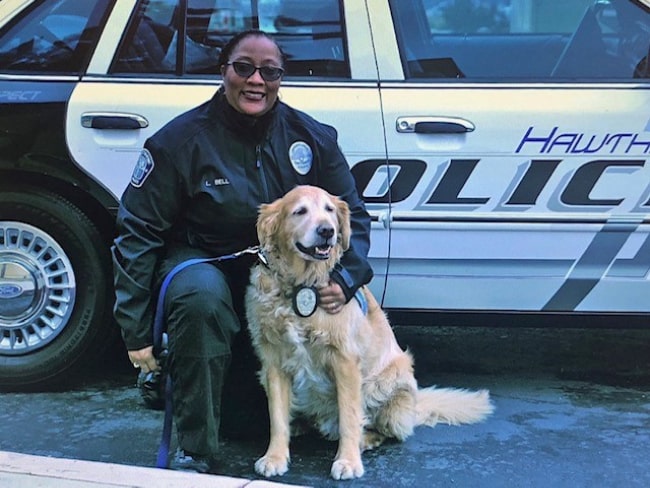Emotional eating: What it is and how to stop it
Ask yourself a few questions to figure out if you’re using food to try to cope with difficult emotions.
Mindful eating involves being aware of eating habits, which can help curb emotional eating.
It’s Friday night. You’ve had a long, hard week. You pull out a bag of chips. Before you know it, the bag is half gone.
Were you truly that hungry? Or was something else going on?
If you eat for comfort, you may be eating to cope with difficult emotions. Unlike a massage, a bag of chips doesn’t require an appointment.
When people are under pressure or feel stress, they tend to crave foods that are high in fat and sugar, and eat when they aren’t hungry.
What is emotional eating?
Emotional eating often occurs when you’re anxious, sad, stressed, or bored.
Sometimes people turn to food for a sense of control, said Cindy Silvis, who has doctorate in psychology and is a behavioral medicine specialist for Kaiser Permanente in Colorado.
People may also associate food with comforting and pleasant memories. They may have positive memories linked to family meals or a plate of warm cookies.
How to curb emotional eating
One way to curb emotional eating is to maintain an eating routine, said Michele Gilson, a registered dietitian for Kaiser Permanente in Colorado. If you regularly eat 3 meals and 2 snacks a day, keep doing that.
Ask yourself if you’re truly hungry, Gilson recommends. If you are, you should eat. If you aren’t hungry, ask yourself what else might be going on.
Are you feeling stressed, lonely, or bored? This will help you understand if certain emotions lead to more eating.
Other than eating, what are other ways to address stress and emotions?
To avoid eating to cope with difficult emotions, make sure food isn’t your only go-to, Silvis recommends.
If you aren’t hungry, try doing something else instead, such as:
- Coloring
- Walking
- Gardening
- Listening to music
- Playing with a pet
- Drinking water
Silvis also suggests setting a 10-minute timer when you’re feeling the urge to eat when you’re not hungry. When the timer goes off, ask yourself if you still want to eat. The desire to eat may have passed. If you aren’t sure, set the timer for another 10 minutes.
Eat mindfully
A healthy way to eat is to give your food your undivided attention, Silvis said. This practice is called mindful eating.
To eat more mindfully, you can:
- Eat from a plate or bowl
- Avoid eating directly from a package
- Eat at the table, instead of in front of the television or computer
Satisfy your craving
Let’s be real: Munching on carrot sticks will not cut it if you’re craving chocolate.
If you’re craving sweets, a few squares of dark chocolate or a small serving of pudding topped with berries may work. If you want crunch, popcorn or sliced jicama may do the trick.
Making your own food — rather than indulging in store-bought sweets and treats — is a good way to ensure what you’re eating is still nourishing.
Here are a few healthier options to try for a sweet craving:
These recipes might satisfy your craving for savory comfort food:
Learn more about mindful eating.
In some situations, emotional eating may be a sign of an eating disorder. Kaiser Permanente members can get connected to care at kp.org/mentalhealth.




